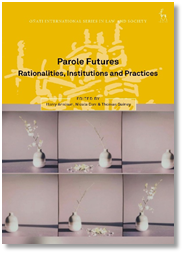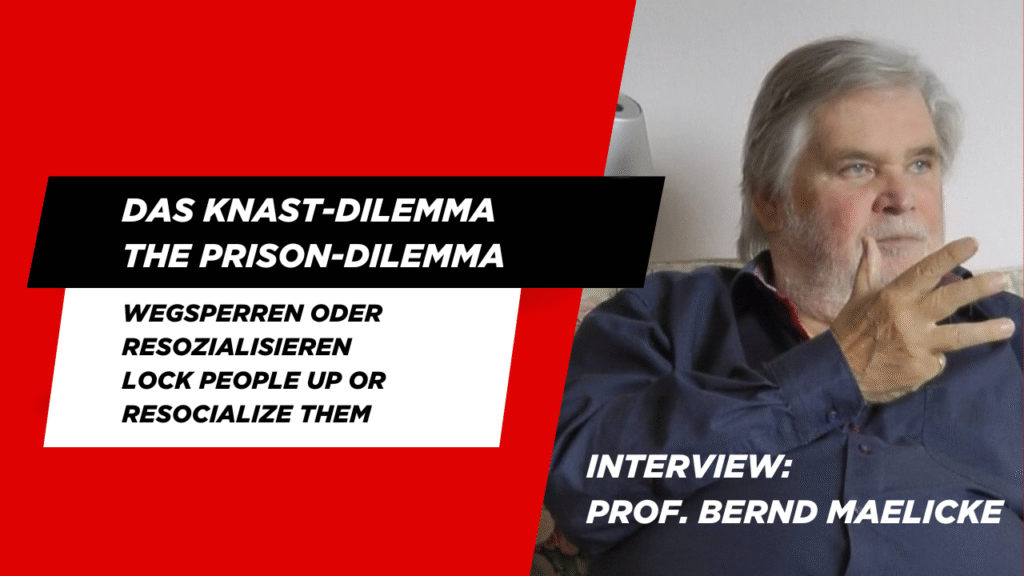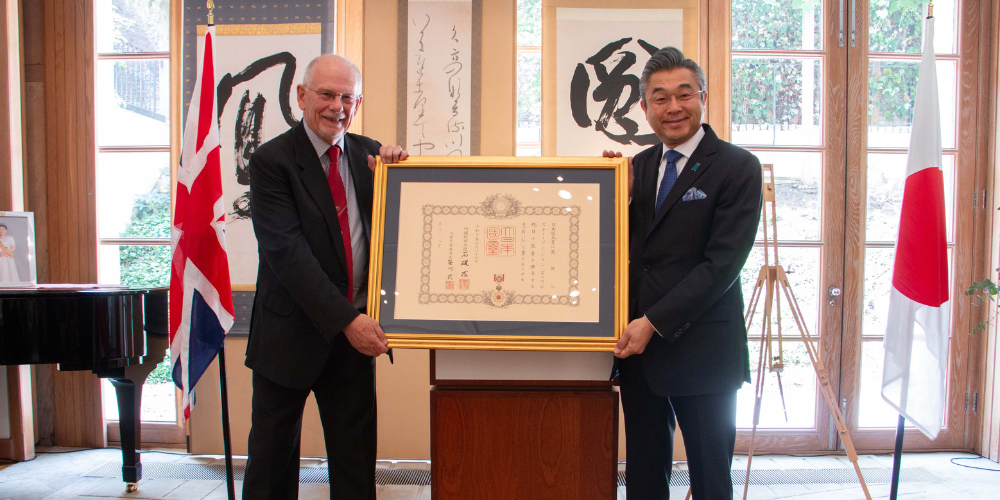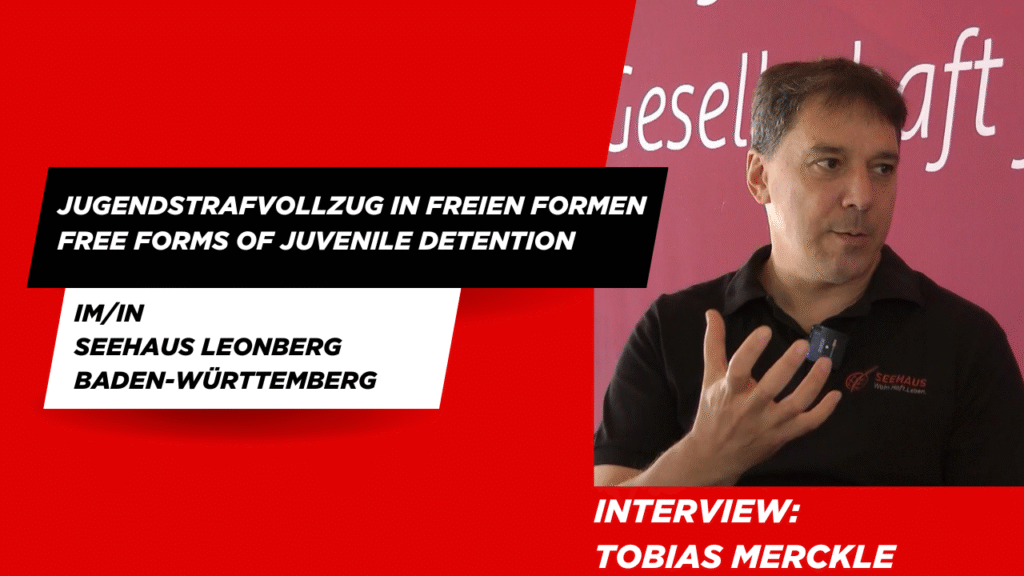Previous Article
News
Interview with Christelle Rinchard, an officer in charge of victim support in Charleroi, Belgium
How do you experience working during the Covid-19 pandemic?
Quite badly actually. We are a team of four officers working in the same office. Almost overnight, we could only come to the office one at a time, in turns. We weren’t really equipped for working from home yet as we didn’t do it before and we found
ourselves completely inefficient when we teleworked. On the other hand, the officer who was in the office was overwhelmed because she managed alone the 4 telephones and all the victims’ requests.
At first, we thought that the situation would be resolved quickly, but it was not the case.
We felt less useful because we had a lot less work to do (no more hearings, no reconstruction, no possibility to meet the magistrates, etc.). We had very few contacts with our peers, most of whom also teleworking.
We tried to make appointments by phone, particularly in sentence execution cases, but we quickly noticed that the people quickly lost track and didn’t really understand the procedure outlined. This was very frustrating.
For the current second wave, we are better equipped and more familiar with teleworking. The hearings are still taking place and the investigating judges are continuing their investigations normally or almost normally. On one hand, it has become much easier for us to carry out our work despite the health crisis even if we still feel very lonely when we come to the office. On the other hand, the workload is very heavy when we are at office because we have a lot of administrative work such as sending letters and putting in order the files processed during telework, answering the phone calls) in addition to the usual tasks. Nevertheless, we have come to the conclusion that the work has generally reduced. The confined victims also make less requests on us.
What would you have done differently?
Given the configuration of our premises, we had no choice but to come in turn. Nevertheless, for teleworking, we could perhaps have been quicker and found out more about teleworking or how to put it into practice. We did not know how to connect to the VPN, VoIP phone services
and business applications from home. Now it’s all been sorted out. We have also decided to come to the hearings or the reconstructions so that the duty periods are as much as possible dedicated to receiving new requests. We continue to make appointments at the office for some delicate situations because we are now equipped with Plexiglas screens and antibacterial gel or sprays.
What are the challenges you are facing now?
Maintaining the relationship with the victims that we cannot meet as often as we normally do. Establishing the best possible contact with public prosecutors, examining magistrates, employees and registrars in order to continue to provide users with the best possible
information.
Reflecting on the consequences of teleworking. We have indeed noticed that the police are filing far fewer complaints. When it is the case, they are not always dealt in a short period by the Public Prosecutor’s Office. It is harmful to the victims. We have initiated a discussion with the King’s Prosecutor on this topic.

Related News
Keep up to date with the latest developments, stories, and updates on probation from across Europe and beyond. Find relevant news and insights shaping the field today.

Probation in Europe, Technology
Have Your Say: EU Call for Evidence on the Digitalisation of Justice (2025–2030)
18/08/2025
The European Commission has opened a Call for Evidence on the Digitalisation of Justice: 2025–2030 European Judicial Training Strategy.
Reading corner

Criminal Justice
Parole Futures
18/08/2025
At a time when many parole systems are experiencing considerable strain, the aims of this collection are twofold: first, to encourage systematic and critical reflection on the rationalities, institutions and practices of parole. Second, to think big, and pose ambitious ‘what if’ questions about the possible futures of parole and prison release. Offering novel insights from Asia, Australia, Europe, North America and South America, this collection builds the case for, and then showcases, a ‘way of doing’ parole research that is global in outlook, interdisciplinary in approach and unapologetically normative in character.
New

Probation in Europe
New Vodcast Episode: Prof. Bernd Maelicke on The Prison-Dilemma
12/08/2025
The 13th episode of Division_Y features an in-depth conversation with Prof. Bernd Maelicke, one of Germany’s most respected voices in prison and probation reform.
New

Probation outside Europe
CEP Ambassador Steve Pitts Receives Prestigious Japanese Honour
05/08/2025
We are pleased to share that CEP Ambassador Steve Pitts has been awarded the prestigious Order of the Rising Sun, Gold Rays with Rosette by the Government of Japan. The honour was officially presented on 25th July 2025 at a formal ceremony held at the Japanese Ambassador‘s residence in London, hosted by the Japanese Ambassador.
New

CEP Events
Mark Your Calendars: Exciting Probation Events Ahead
30/07/2025
As the season continues, we’re looking ahead to a dynamic line-up of events across Europe. From specialised workshops to international training and conferences, there’s something valuable for everyone working in probation and beyond.
New

Probation in Europe
New Vodcast Episode: Tobias Merckle on Free Forms of Juvenile Detention
12/07/2025
The 12th episode of Division_Y features an engaging discussion with Tobias Merckle, a social worker and social entrepreneur from Baden-Württemberg, Germany.
Subscribe to our bi-monthly email newsletter!
"*" indicates required fields
- Keep up to date with important probation developments and insights.

